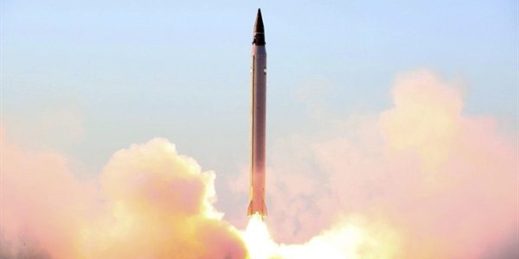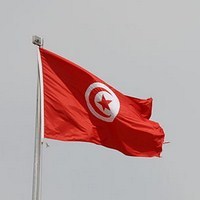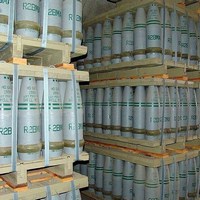
Over the weekend, members of special mission units under the U.S. Joint Special Operations Command carried out raids in Somalia and Libya, capturing a senior al-Qaida operative in the latter country. While these attacks often come across as lightning strikes in the media, no detail is spared in terms of coordination and preparation. Trend Lines spoke with three experts about the disconnect between how these operations appear versus how they operate. “The events this weekend were both significant and insignificant,” David Maxwell, associate director of the Center for Security Studies and the Security Studies Program at Georgetown University, told Trend […]






